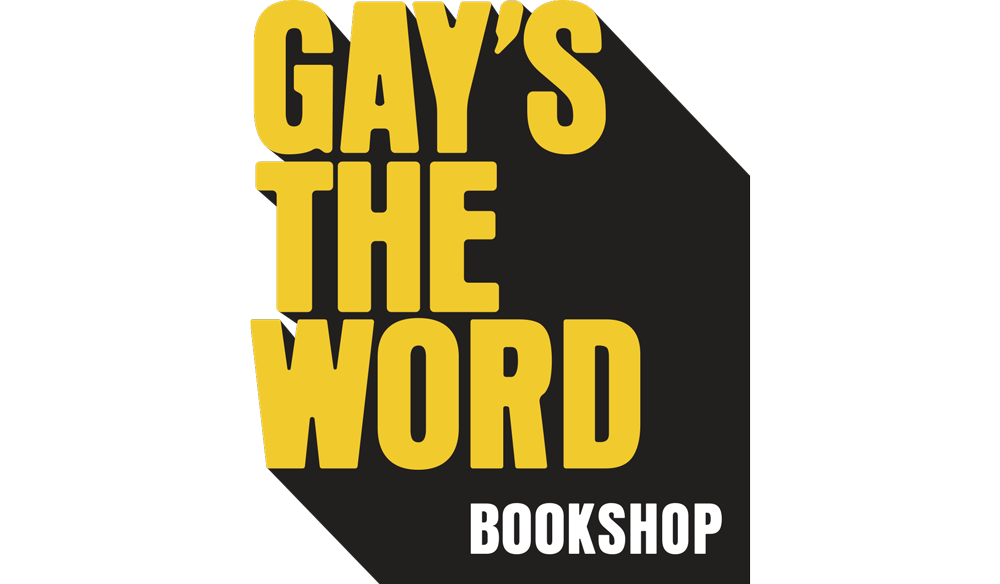
The Hidden Case
of Ewan Forbes
‘This story of the aristocrat who fought to inherit his title almost reads like a thriller … jaw-dropping … a skillfull storyteller’.
The Sunday Times
‘Zoë Playdon tells a remarkable story here: part legal mystery, part courtroom drama, part family drama. It’s driven by class, sex and money and it contains one of the most audacious acts of perjury you’re every likely to read about’.
The Times
‘erudite, passionate… ultimately persuasive’.
New York Times

The hidden history of how trans people lost their human rights in the 1960s, told through the life of trans man Sir Ewan Forbes, whose legal case was considered so threatening the media was gagged, those involved sworn to secrecy, and all records of it concealed for decades.
Few people know that until the 1960s, trans people self-identified, received affirmative medical care, corrected their birth certificates and lived in complete equality. The hidden case of Ewan Forbes changed that.
Born in 1912, Ewan was a Scottish aristocrat who received affirmative medical care when he was a child. He corrected his birth certificate, married, and lived happily as a family doctor in his local town of Alford until his brother died in 1965, and the Forbes of Craigievar baronetcy became vacant. The baronetcy was restricted by male-line primogeniture, the law that says only men, and never women, can inherit some titles and estates. Ewan was next in line, and inheritance should have been unproblematic. But his cousin, John Forbes-Sempill, challenged him for the title on the grounds that Ewan wasn’t ‘a real man’.
A bitter family quarrel, a secret letter, and a sudden death culminated in a court case, heard in camera, which Ewan won with an ingenious defence – and in winning, caused a constitutional crisis. Securing the succession to the throne is a keystone of constitutional law and crucial to political stability. But the time, the monarchy was subject to male primogeniture and if a trans man could gain a primogeniture baronetcy, then a trans man could gain the Crown, and succession was no longer certain.
The case had been heard in private, the press had been gagged, and now everyone involved in it was sworn to secrecy and all records of it were removed from the public eye. Before Ewan’s case, being trans was medically classified as a variation of sex development, an intersex condition, but months after he won his baronetcy, a new legal definition declared that being trans was a mental illness. Silently, without debate in parliament, trans people’s civil liberties were removed, they were socially excluded, and subjected to a punishing medical regime.
That was the status quo until 1996, when a European court ruling restored employment rights to trans people. Since then, trans communities have been fighting to restore the equality that was removed from them. The Hidden Case of Ewan Forbes tells the story of modern trans experience and the case that almost upended the British Establishment. It is currently under development as a television mini-series by Jules Hussey of Brazen Productions and Claire Mundell at Synchronicity Films.


“A landmark work of history, law and social change.”
Baroness Helena Kennedy QC
“Meticulous, fascinating and empathetic.”
Sasha Issenberg, author of
Outpatients and The Engagement
“A gripping and important book.”
Michael Bronski, author of
A Queer History of the United States
“Abundant with compassion, clarity and meticulous research.”
Jennifer Boylan, author of
She’s Not There and Good Boy
“Unputdownable…
a breathtaking story, magnificently researched and told.”
Lord Michael Cashman

About Zoë
Emeritus Professor of Medical Humanities
University of London








